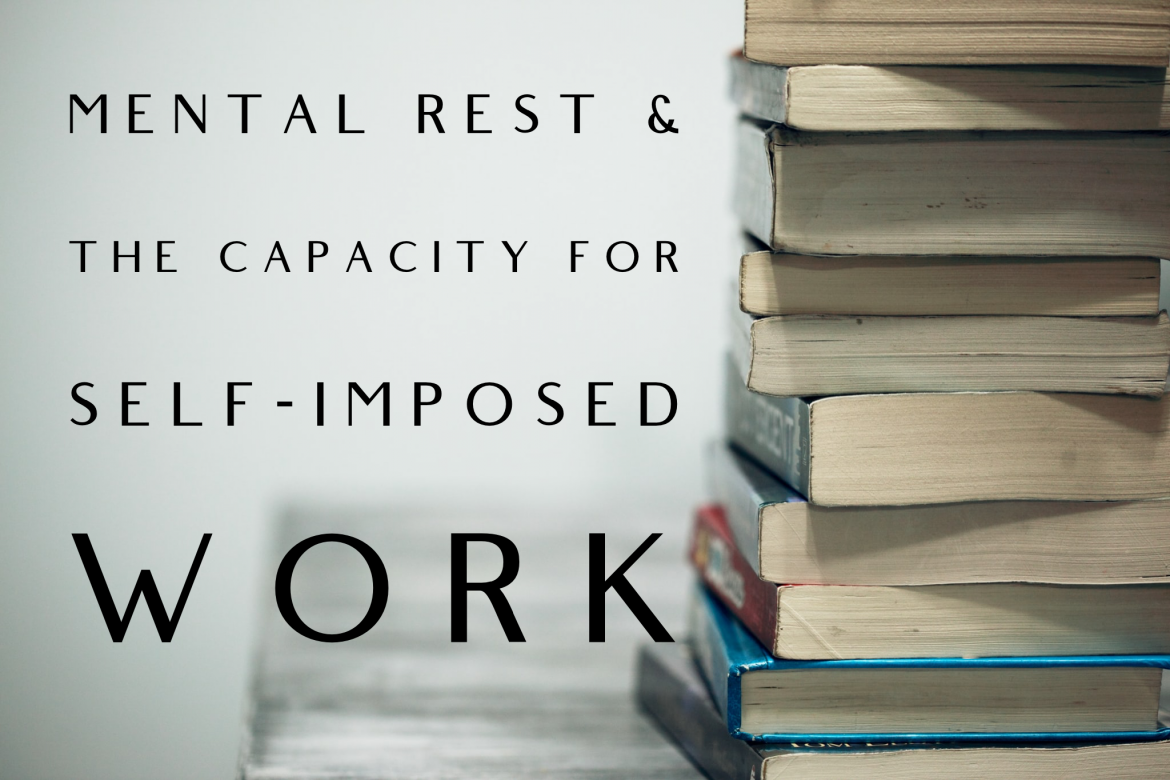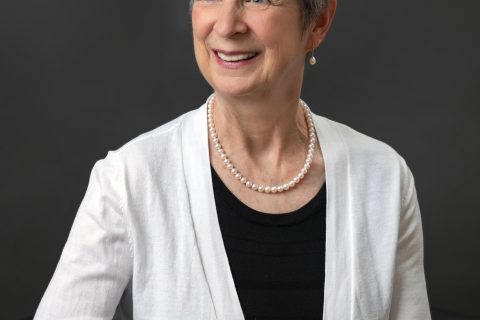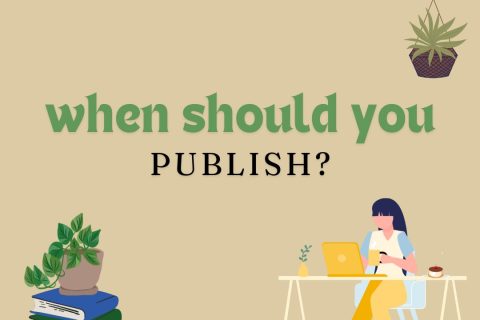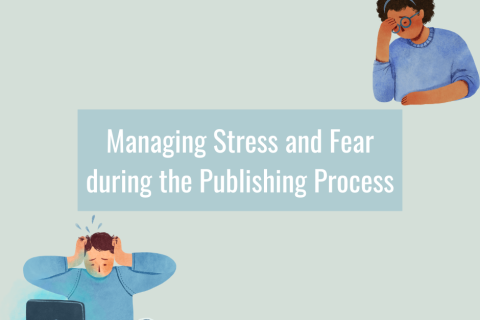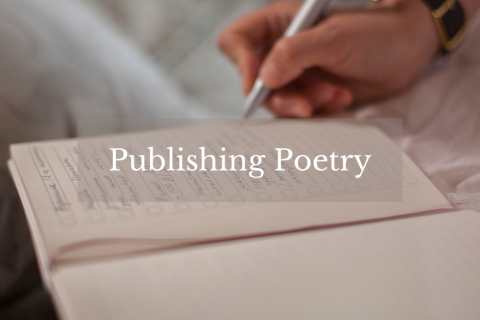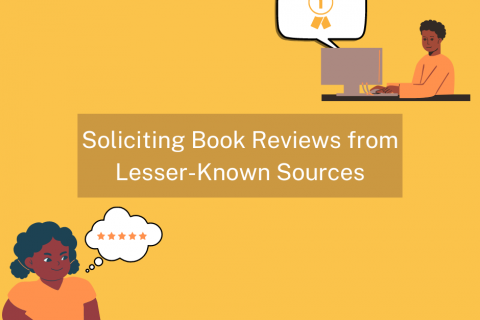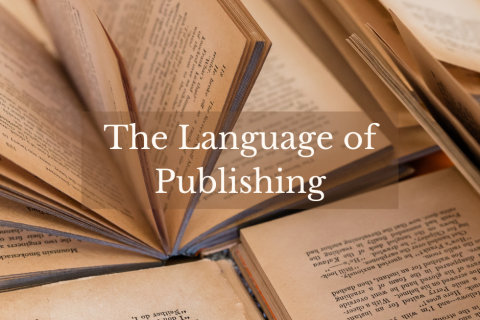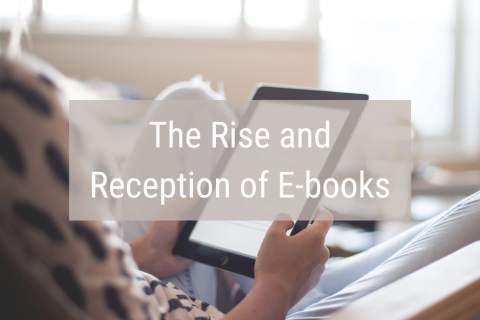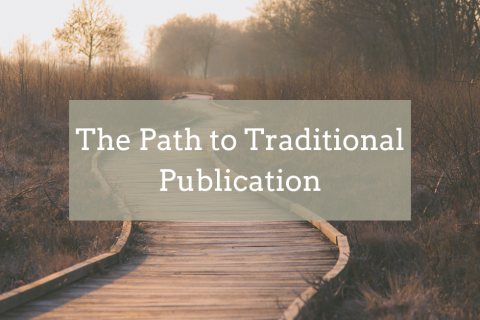The current discourse for productivity in Quarantimes has been focused on doing, and not the space in between the doing. Tweets with thousands of likes on twitter about writing sprees and bingeing shows, Facebook posts about summer reads . . . I fell prey to that, as I’m sure many others did.
This is a time where people feel like they need things to do. Work has been slowed or reduced or cut off completely, and people are forced to be sequestered away in the house isolated from family and friends. So what to do with that time? There’s exercise, sure, but one cannot exercise the entire day away. Many people have turned to activities that sharpen mental acuity. Bingeing on shows and podcasts, after all, does cause a sort of burnout. As do writing sprees. So what’s left to further productivity? How about the TBR pile? That’s a good idea, sure. Books are incredibly varied, each depicting different tones and featuring different subject matter and spanning different lengths. That’s why I turned to reading—and reading outside of the research I was conducting for my thesis, for once. I have a TBR pile of 50+ books, so why not start cracking down on them? So, I did. But one thing I hadn’t expected to happen was a different type of burnout.
My venture with the TBR pile started out promising. I picked up Gideon the Ninth by Tamsyn Muir, and was all set to read it after Sabrina Orah Mark’s Tsim Tsum and The Babies. I devoured all of P. Djeli Clark and Kai Ashante Wilson’s novellas and Nana Kwame Adjei-Brenyah’s Friday Black. I was on a roll. I started with Edwin A. Abbott’s Flatland. I knocked out Rivers Solomon’s The Deep, I feverishly studied Anne Carson’s translation of Sappho’s fragments, If Not, Winter, I pored over Wislawa Szymborska’s View with a Grain of Sand. This was in addition to the books I read on black spirituality for my thesis, including three of Toni Morrison’s books. I was getting things done. I was being productive. Like so many others, I was getting through my TBR pile. I wasn’t falling behind everyone else on productivity.
It was late May before I realized I hadn’t gotten past twenty pages in Gideon the Ninth. I couldn’t figure out what it was. My eyes would skip over paragraphs, or I would have to reread the same paragraph five times just to remember it. I couldn’t get past page twenty even though I adored the book instantly. Gideon was an amazing main character. Hilarious, probably fun to get a drink with at a local bar. Just fun to read. And a purely fun character is rarer than it should be in sci-fi and fantasy. I couldn’t figure out what my problem was. So I thought, Maybe I’m not in the right headspace to read about Gideon. So I tried Max Gladstone’s Empress of Forever. And I couldn’t get past the first page.
I couldn’t figure out my problem. At first I thought I was burnt out on genre, so I tried reading a thesis – Deleuze’s Difference and Repetition. Couldn’t retain a thing. But I looked up people’s experiences with Deleuze, apparently that was often the case, so I tried rereading a YA fantasy book I loved, The Coldest Girl in Coldtown by Holly Black. Couldn’t get past the first sentence.
I was burnt out on reading entirely.
That was hard to accept. Reading is a leisure activity, right? And it’s one of the few activities I can do as a person with a chronic illness that doesn’t wear me out within 45 minutes of doing it. Reading had defined me for a long time. Teachers in school called me a “voracious reader.” I used to spend two-thirds of my summers in libraries during my high school years. Reading was a favored escape, one I thought was perfect for taking space away from the mental strain of isolation.
However, I hadn’t considered that the strain of isolation took more of a toll on me than I thought. I felt like part of me had been stripped away. And I was angry that I was stymied by my overarching emotional needs. The trauma of having everything else but housing and food stripped away took precedence. The trauma of being forced to confront myself and my memories and things I hadn’t realized I never addressed came first. That felt ruinous. I had no escape from my isolation, then. I needed rest, yes, but what I specifically needed was mental rest. I needed to give myself time to do nothing in between chores and walking my dog. No medical history podcast, no audio-fiction. Just me. Sitting outside with my dog at my feet listening to cars go by. Letting my mind go blank. Doing some yoga in 93-degree weather (which is actually really great, but you feel like a raisin afterward). I needed time away from time and space for my brain to breathe.
This is something that needs to be addressed—America’s attitude toward productivity—especially in academia. One is praised for being driven and devoured by their own research and work. We culturally share a belief that there’s always more to be done. And there isn’t much time allowed for mental rest. Not like there should be. Oh, to be sure, people are advised to do what they can and pace themselves, but does anyone actually? Do we not push ourselves to see if we can go past our limits? Do we not try to be better and better? Rest is something that is often equated with laziness. This is something I struggle with as a disabled person living in a capitalist country where productivity is equivalent to worth. You can’t do nothing, right?
Wrong.
It’s perfectly acceptable to do nothing. Take time. Breathe. Give yourself space from your own thoughts and your chores and your fears. Meditate. Stretch. There’s always time later to do more.
written by Kwame Daniels

